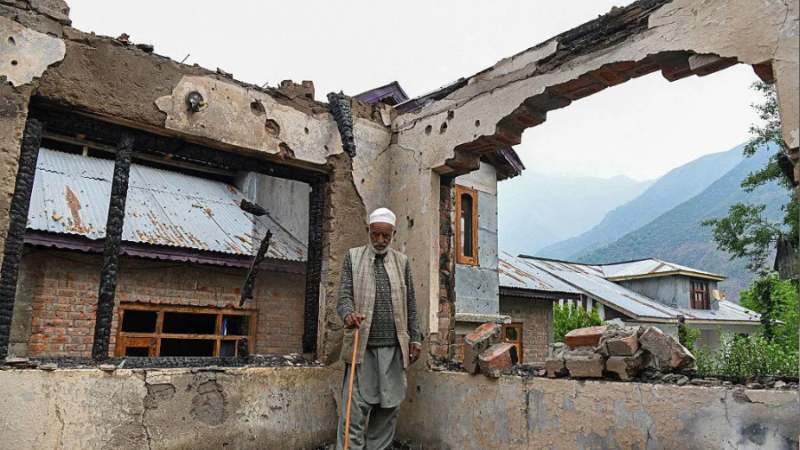A UN Report Reveals the Taliban’s Disturbing Treatment of Women Abuse Survivors

The Taliban regime in Afghanistan is reportedly incarcerating survivors of women’s abuse, asserting that it is for their protection, as revealed in a UN report. The United Nations Assistance Mission in Afghanistan (UNAMA) expressed deep concern over this practice, emphasising the detrimental impact on survivors’ mental and physical well-being.
According to the report, the Taliban government has dismantled state-sponsored women’s shelters, citing an absence of necessity for such facilities. The UNAMA report sheds light on the severe curtailment of women’s rights under the Taliban, making Afghanistan one of the harshest environments for women globally.
Even before the Taliban assumed power, gender-based violence against Afghan women was alarmingly high. However, the current economic, financial, and humanitarian crises in the country, exacerbated by the Taliban’s rule, have escalated incidents of violence against women. The confinement of women to their homes has also increased their vulnerability to domestic and intimate partner violence.
Prior to the Taliban’s resurgence in 2021, Afghanistan had 23 state-sponsored women’s protection centres or shelters. The UNAMA report underscores that these shelters have disappeared under the Taliban regime. Officials asserted that women should be with their husbands or male family members, dismissing the shelters as a “western concept.”
Taliban representatives argued that in situations where women lacked male relatives or faced safety concerns, placing survivors in prison was for their protection. UNAMA strongly condemned this approach, stating that confining vulnerable women in a punitive environment would amount to arbitrary deprivation of liberty, leading to potential re-victimisation, discrimination, and stigmatisation upon release.
The report also highlighted the Taliban administration’s inconsistent handling of gender-based violence complaints. The lack of clear distinctions between criminal and civil complaints jeopardises effective legal protection for women and girls. The predominantly male personnel handling complaints, coupled with the absence of female personnel, discourages survivors from lodging complaints.
Despite some progress in women’s rights between 2001 and 2021, including legal and policy reforms, the gains have eroded since the Taliban regained power. The promises made by the Taliban in 2021 to grant women the right to work and study have largely been broken, with severe restrictions on education, mobility, and participation in public life imposed on Afghan women.






